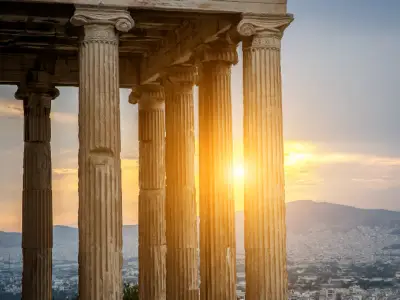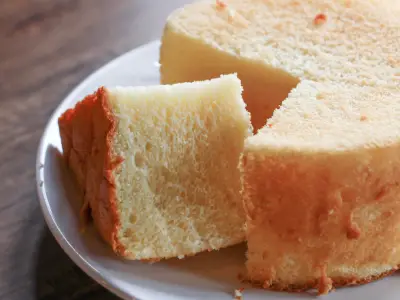In Greek mythology, Hestia is often overlooked, but she has an essential role in the ancient pantheon. Known as the goddess of the hearth, home, and family, Hestia embodies warmth, stability, and the sacred fire that brings communities together. Read on to learn more about her myths, powers, and symbols.
Jump to:
Recommended for you!
Best SellersWhat is Hestia Known For?
Hestia is famously known as the goddess of the hearth and home, overseeing domestic life, family unity, and the warmth of the household fire. In ancient Greece, the hearth was considered the centre of the home, not just physically but spiritually. The hearth's flame, tended with care, symbolised warmth, sustenance, and protection. Hestia’s presence ensured that this sacred fire remained eternal, both in homes and public spaces like temples and city halls.
Her role extended beyond the personal realm; she was also central to the religious and communal life of the city. In public spaces, her fires burned continuously, representing the stability of the state. The concept of hospitality and sanctuary was closely tied to her, making her a central figure in Greek culture.
The Myths and Legends of Hestia
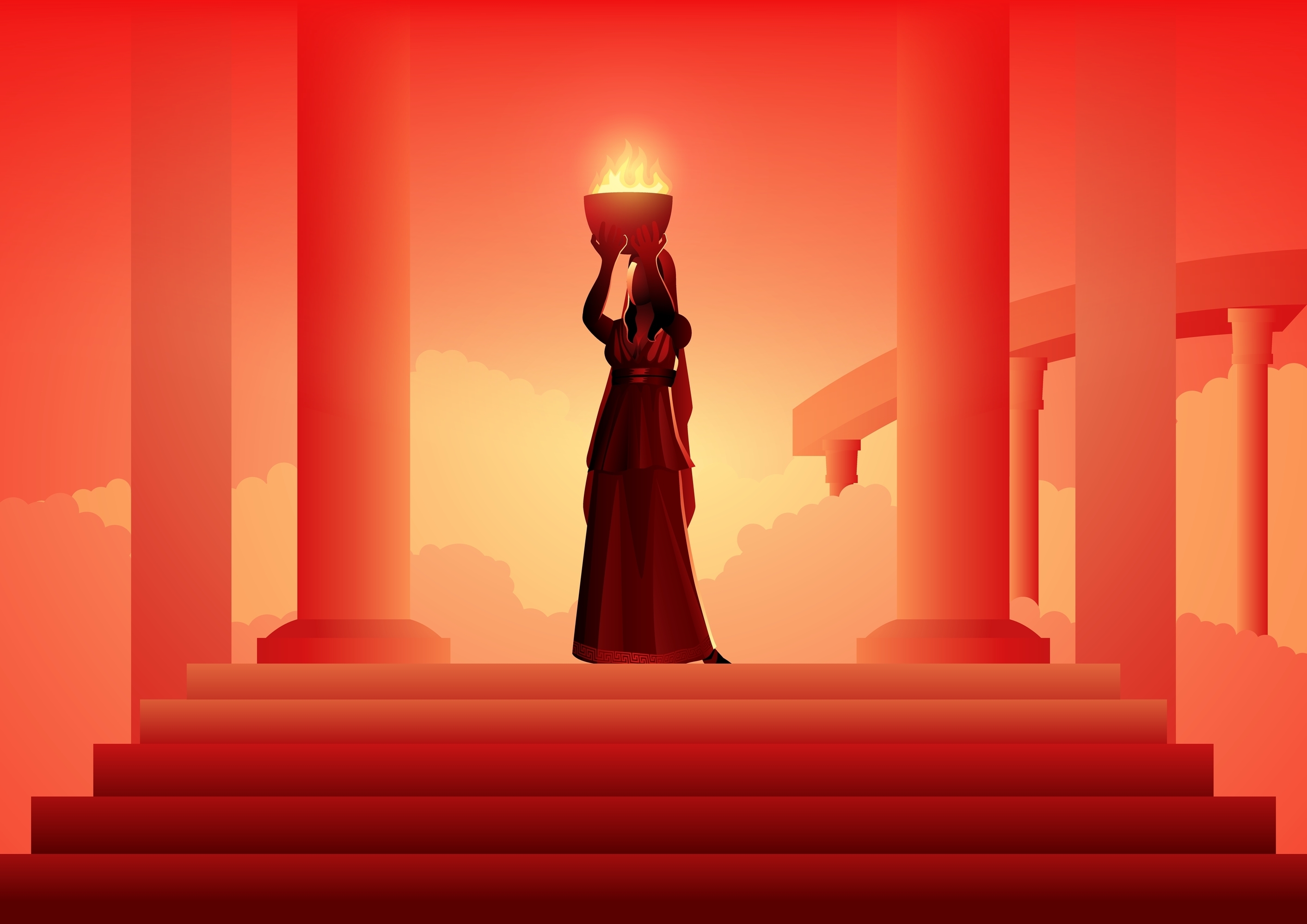
Hestia’s story is deeply woven into the heart of Greek mythology, although her life and actions often reflect a calm and peaceful nature compared to other deities. Let’s explore some of the key events that shaped Hestia’s role in the mythological world:
Hestia’s Role in the Olympian Family
As one of the first-born Olympians, Hestia was the eldest daughter of the Titans, Cronus and Rhea. Like her siblings, she was swallowed by Cronus at birth to prevent a prophecy that one of his children would overthrow him. However, she was later freed by her younger brother Zeus, who went on to defeat their father. Unlike other gods, Hestia chose a peaceful existence, embracing her role as the goddess of the hearth, and avoiding the conflicts that often plagued her fellow Olympians.
Hestia’s Decision to Remain a Virgin
One of the most significant myths surrounding Hestia is her decision to remain a virgin. Despite being pursued by both Poseidon and Apollo, Hestia swore an oath to never marry or have children. This choice was a conscious decision to maintain her focus on the sanctity of the home and hearth. Zeus, recognising her peaceful nature and her importance, granted her a place of high honour among the gods, with the privilege of receiving offerings first in all sacrifices.
Hestia’s Influence on the Hearth and Home
Unlike many deities who sought power or engaged in grand conflicts, Hestia’s power lay in her ability to bring warmth, peace, and unity to the home and community. Her influence was essential for maintaining harmony within families and ensuring that the hearth fire, the heart of the home, never went out. In this way, Hestia's presence was felt in the everyday lives of the Greeks, even though she did not partake in the dramatic stories of battles and love that often filled the mythological world.
What Powers Does Hestia Have?
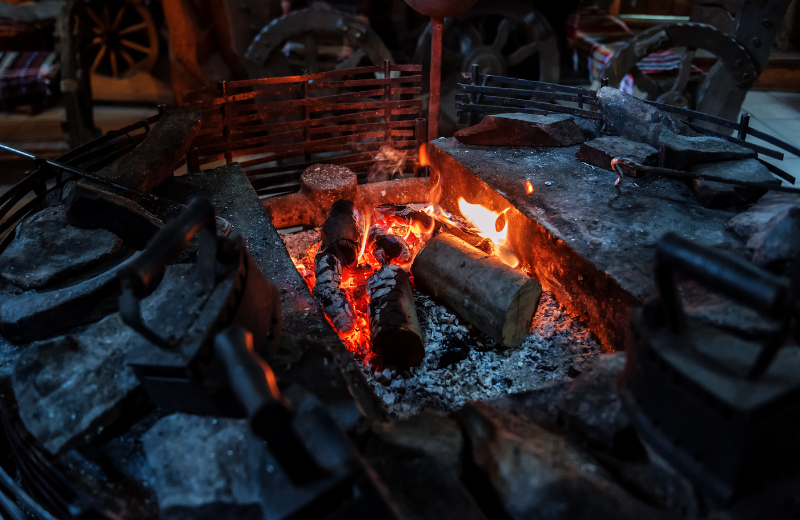
Hestia may not have the dramatic powers of some other deities, but her influence is no less important. Her powers focus on:
- Protection of the Hearth: As the goddess of the hearth, Hestia held dominion over domestic fire and home life. Her presence was felt in every home, providing warmth, safety, and a sense of continuity.
- Unity and Peace: Hestia’s influence extended to the idea of peace and unity, both within the family and society at large. She fostered harmony in the household and maintained the bond between family members.
- Sanctuary and Hospitality: Hestia’s hearth also symbolised protection and sanctuary. In ancient Greece, offering hospitality was sacred, and Hestia ensured that those welcomed into a home were treated with kindness and respect.
The Symbols of Hestia
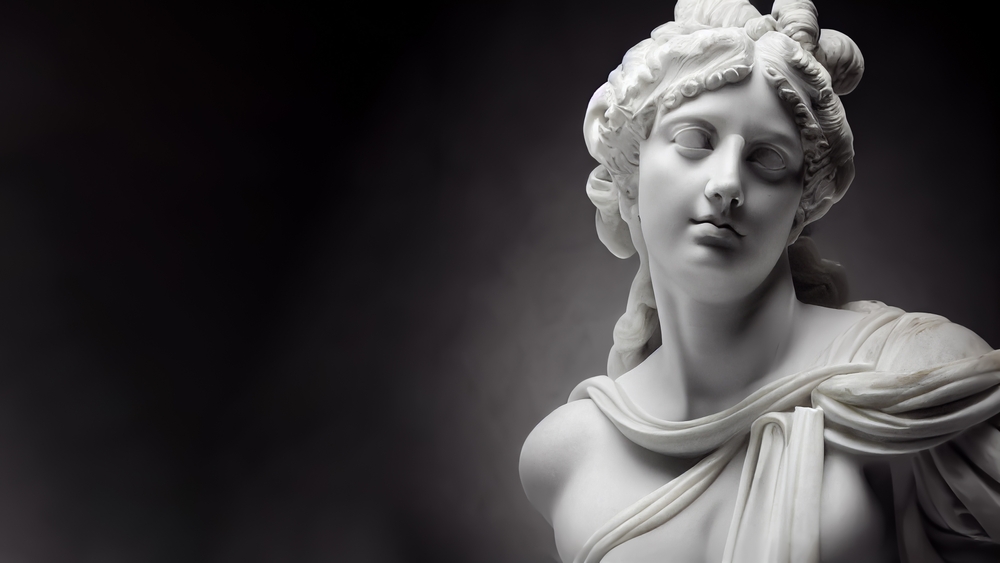
Hestia’s symbols are closely tied to her role as the goddess of the hearth and home:
- The Hearth Fire: The burning flame is the most enduring symbol of Hestia. It represents warmth, domesticity, and the continuity of family life. Every home, and city-state, kept a fire burning in her honour.
- The Kettle or Cooking Pot: As the hearth goddess, Hestia was associated with cooking, sustenance, and nourishment. The simple kitchen kettle became a symbol of her domestic role.
- The Circle: Symbolising completeness and eternity, the circle is another key symbol associated with Hestia. Her unbroken, peaceful presence was reflected in this geometric shape.
Hestia's Relationships, Children, and Family Tree
Hestia’s relationships and family connections play a role in her position within Greek mythology, though her life took a path distinct from other deities, particularly in her personal choices.
Parentage and Siblings
As the daughter of the Titans Cronus and Rhea, Hestia was part of the original Olympian generation. Her siblings included some of the most powerful gods: Zeus, Poseidon, Hades, Demeter, and Hera. Despite these familial ties, Hestia chose a quieter, more peaceful path, focused on the home and hearth, which set her apart from her siblings, who were often involved in more dramatic conflicts and narratives.
Virginity and Lack of Offspring
Unlike many gods who were involved in romantic relationships and had large families, Hestia made the unique choice to remain a virgin. Alongside Athena and Artemis, she was one of the three virgin goddesses, devoted entirely to her role as the guardian of the hearth. She did not marry or have children, which is unusual in Greek mythology, where gods were often depicted with numerous lovers and offspring. Hestia’s decision reflects her calm, steady nature and her dedication to peace and unity in the household rather than pursuing romantic or personal conquests.
Hestia’s Worship and Legacy
Though Hestia was not the subject of large temples or grand festivals, she was present in every household and city, making her an incredibly important domestic goddess. Her hearth was the central altar in every home, and before any meal or religious sacrifice, offerings were made to Hestia first. This demonstrated her importance in everyday life, from the simplest family gatherings to large state functions.
Her legacy also extends to the Roman goddess Vesta, who shares many similarities with Hestia. Vesta’s role in Roman religion was just as important, with her sacred flame tended by the Vestal Virgins. Both Hestia and Vesta embodied the values of family, sanctuary, and peace, creating a sense of continuity between Greek and Roman mythology.
Recommended for you!
Best SellersFrequently Asked Questions About Hestia in Mythology
What is Hestia’s weakness?
Hestia’s weakness, if it can be called that, lies in her lack of involvement in the grand stories of conflict, romance, or power struggles that other gods are known for. However, this “weakness” is also her strength, as it underscores her role as a peaceful, stabilising force in Greek mythology.
What animal is associated with Hestia?
The donkey is considered Hestia's symbolic animal. In ancient myths, it is said that a donkey saved her from an attempted assault, further linking the animal to her peaceful, protective nature.
Study Greek Mythology for £29
The story of Hestia is just one of many fascinating tales in Greek mythology. If you’d like to learn more about these myths and explore the characters, symbols, and stories that have shaped Western culture, consider enrolling in the Greek Mythology Diploma Course with Centre of Excellence. For a limited time, you can access the course at a discounted price of £29!










